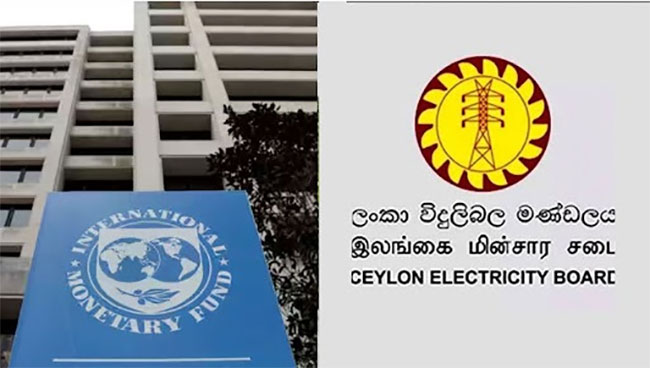Sri Lanka’s power sector has once again come under scrutiny, this time in the presence of the International Monetary Fund (IMF), lawmakers, and key regulatory officials. At a closed-door session in Parliament earlier this week, IMF technical experts and legislators debated the Ceylon Electricity Board’s (CEB) electricity tariff methodology and the broader energy reform agenda. The review is part of commitments tied to the IMF’s Extended Fund Facility (EFF), with a critical deadline looming in November 2025.
While the meeting was framed as a “technical review,” several Sri Lankan participants pushed back, insisting tariff reforms must strike a balance—ensuring cost recovery and efficiency while keeping electricity affordable for households and industries already reeling from economic strain.
The IMF team, led by energy specialist Delphine Prady, engaged with members of the Committee on Public Finance (CoPF), Committee on Public Enterprises (COPE), the Sectoral Oversight Committee on Infrastructure, and senior officials from the Finance and Energy ministries, the CEB, and the Public Utilities Commission of Sri Lanka (PUCSL).
At the heart of the discussion was the clash between fiscal discipline and social protection. IMF officials highlighted that cost recovery is essential—without it, the sector accumulates losses, drives inefficiency, and fails to attract investment or credit lines needed for modernisation. Cost-reflective pricing, they argued, ensures consumers pay the real cost of their demand, eliminating unfair cross-subsidies that have long distorted Sri Lanka’s electricity market.
But MPs warned that steep tariff hikes, if not carefully designed, could push vulnerable families and small businesses into crisis. “We cannot afford to treat this as a purely mathematical exercise,” one government member said, adding that tariff policy must be tied to wider social and developmental goals.
The country’s commitment to 70% renewable energy by 2030 dominated much of the debate. Experts underscored that reaching this target will require billions in investment, new transmission infrastructure, and incentives for private sector participation. Expanding solar, wind, and hydro, while experimenting with storage systems and green hydrogen, was identified as the only path to insulating Sri Lanka from the volatility of fossil fuel markets.
Thermal generation, once the backbone of the grid, was described by participants as “super expensive” and dangerously exposed to global price shocks. Renewables, by contrast, are becoming more competitive but demand upfront financing that cash-strapped institutions like the CEB struggle to mobilise.
Another thorny issue was data integrity and governance. Lawmakers flagged gaps in Power Purchase Agreements (PPAs), incomplete cost breakdowns, and weak information systems. Without credible data and regulatory independence, experts cautioned, any new tariff methodology risks being undermined by corruption and mismanagement.
There was consensus that tariff reform must go beyond technical fixes. A successful framework must safeguard vulnerable households through targeted subsidies, protect workers affected by restructuring, and ensure efficiency gains translate into lower costs for end-users.
As the November 2025 IMF deadline approaches, Sri Lanka faces a difficult balancing act: building a financially viable power sector, accelerating its renewable transition, and protecting consumers from the shocks of reform. The stakes, as one participant noted, are nothing less than the country’s economic and energy future.
